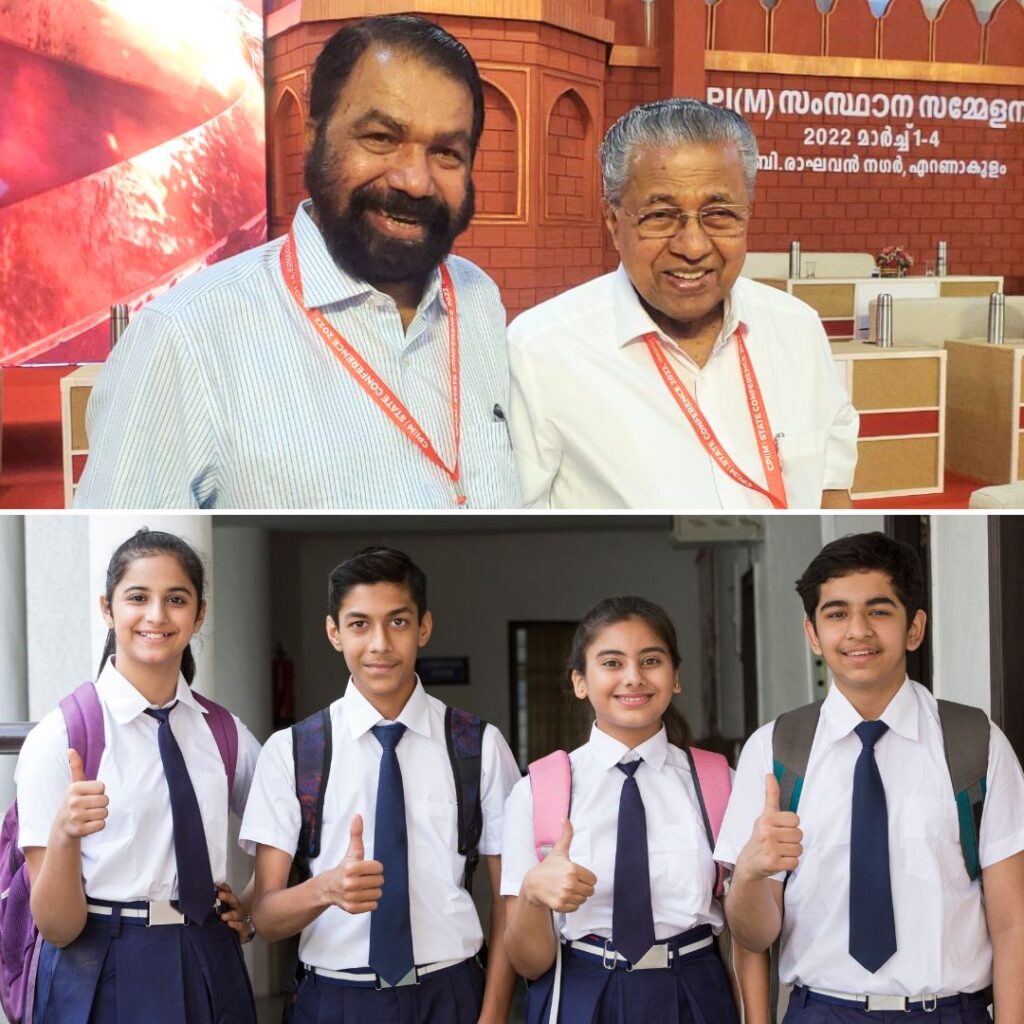The Delhi Assembly recently passed the Delhi School Education (Transparency in Fixation and Regulation of Fees) Bill, 2025, a landmark legislation aimed at regulating arbitrary fee hikes by private unaided schools in the national capital.
This law introduces a robust, three-tier committee system to oversee fee increases, effectively placing significant control in the hands of parents and ensuring transparency and accountability from school managements.
The Bill has been hailed by the ruling BJP government as a historic move to protect parents and students, though it faced resistance and rejected amendments from opposition parties like AAP.
Empowering Parents Through a Veto and Oversight Committees
The Bill mandates the formation of three committees at different administrative levels: School Level Fee Regulation Committee, District Fee Appellate Committee, and a Revision Committee at the state level. The school committee, which includes five parent members alongside teachers, school management representatives, and government officials, has the power to approve or reject fee hike proposals.
Notably, if even one parent member on the committee objects to a fee increase, the hike will be rejected, giving parents effective veto power. According to Education Minister Ashish Sood, this mechanism ensures that no unilateral fee hike decisions will be allowed, safeguarding parental rights.
Additionally, schools must submit a three-year fee structure plan in advance, and the frequency of fee hikes is restricted to every three years, based on clear, transparent criteria that include infrastructure development and staff salaries. The Bill expressly prohibits profiteering.
Stringent Penalties for Violators to Deter Arbitrary Hikes
The Act imposes strong punitive measures for schools found arbitrarily increasing fees or charging beyond approved limits. Initial violations can attract fines ranging from ₹1 lakh to ₹5 lakh, while repeated offences may result in penalties up to ₹10 lakh.
Persistent violators may also face managerial disqualification, being barred from holding office in the school’s administration. Furthermore, schools must refund any excess fees collected within 20 working days; failing which, penalties escalate progressively, after 20 days and tripling beyond 40 days, continuing to rise for every further 20-day delay.
This layered penalty system aims to ensure swift compliance and protect parents from financial exploitation.
Context and Background: Decades of Unregulated Fee Hikes and Parental Protests
Before this Bill, fee regulation in Delhi was limited largely to roughly 350 schools built on government-allotted land, while over 1,400 private unaided schools operated without any formal regulatory oversight. This gap led to rampant, often steep fee hikes, ranging from 30% to 45% for the 2025–26 academic year, which triggered widespread protests by parents earlier this year.
Parents gathered at venues like Jantar Mantar demanding transparency and government intervention. Previous government attempts to freeze or regulate fees sporadically, including during the pandemic, had limited success and were frequently challenged in courts.
The new legislation seeks to provide a permanent, legally enforceable framework addressing these longstanding issues comprehensively.
The Bill was introduced and passed amidst a politically charged atmosphere, with the opposition AAP criticizing the provisions as favouring school managements, while the ruling BJP stressed the Bill’s transparency and accountability goals.
The Logical Indian’s Perspective
This Bill represents a significant step toward restoring parental trust and ensuring education remains a right, not a commercial burden. By empowering parents with veto rights and instituting multi-level oversight mechanisms, it upholds democratic principles of participation and dialogue.
However, the true success of this legislation lies in its empathetic and fair enforcement, balancing legitimate schools’ financial needs with the economic reality of families. Sustainable educational reform demands honest, continuous cooperation between parents, school authorities, and policymakers.
With the Delhi Assembly passing the ‘Delhi School Education (Transparency in Fixation and Regulation of Fees) Bill, 2025’, Delhi takes a decisive step towards making education truly inclusive and accountable for every family.
— Ashish Sood (@ashishsood_bjp) August 8, 2025
Backed by the vision of Hon'ble Prime Minister Shri… pic.twitter.com/PPbu8iqIHB













